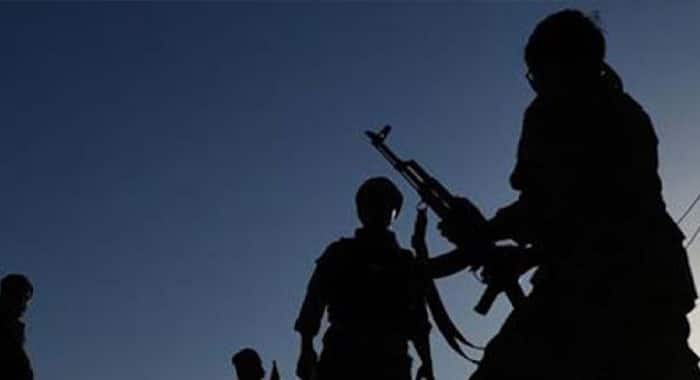In a stark warning to the region and the international community, the United Nations Security Council’s Monitoring Team has confirmed that banned terrorist outfits the Balochistan Liberation Army (BLA), including its notorious Majeed Brigade, and Tehrik-e-Taliban Pakistan (TTP) have formed a dangerous operational alliance, carrying out attacks in close coordination with growing sophistication and brutality.
Citing authoritative sources, the report highlights the hijacking of the Jafar Express on March 11, 2025, in Balochistan as a defining moment in BLA’s militant evolution. Armed with explosives and automatic weapons, BLA militants ambushed the train in a remote mountainous area, killing 31 people, including 21 hostages. The attack was described as a grim demonstration of the group’s enhanced military capabilities and utter disregard for civilian lives.
The report estimates that the TTP commands nearly 6,000 fighters, benefitting from logistical and operational support from the Afghan Taliban’s “interim government.” However, the UN notes internal rifts within the Taliban over this relationship, with certain factions urging a strategic break from the TTP to avoid further regional destabilization.
More alarmingly, the report identifies the Islamic State Khorasan Province (ISKP) as the most lethal threat in the region and beyond. The extremist group maintains a core of approximately 2,000 fighters active in northern and northeastern Afghanistan, while aggressively recruiting from Central Asia and the Russian Caucasus.
The Monitoring Team further reveals that ISKP has begun training children—some as young as 14—for suicide attacks, and that women, primarily wives of fighters, are increasingly involved in cross-border terrorist operations.
Also noted is the April 2025 assault in Pahalgam, Indian-occupied Jammu and Kashmir. While The Resistance Front (TRF) initially claimed responsibility, the claim was later withdrawn. The report does not issue a definitive judgment on the incident.
The UN team concludes that the Afghan Taliban’s permissive stance has allowed groups like Al-Qaeda, TTP, and ISKP to operate freely on Afghan soil. With regional tensions running high, the report warns that terrorist organizations are poised to exploit the instability, with a significant risk of escalated attacks across South and Central Asia.





